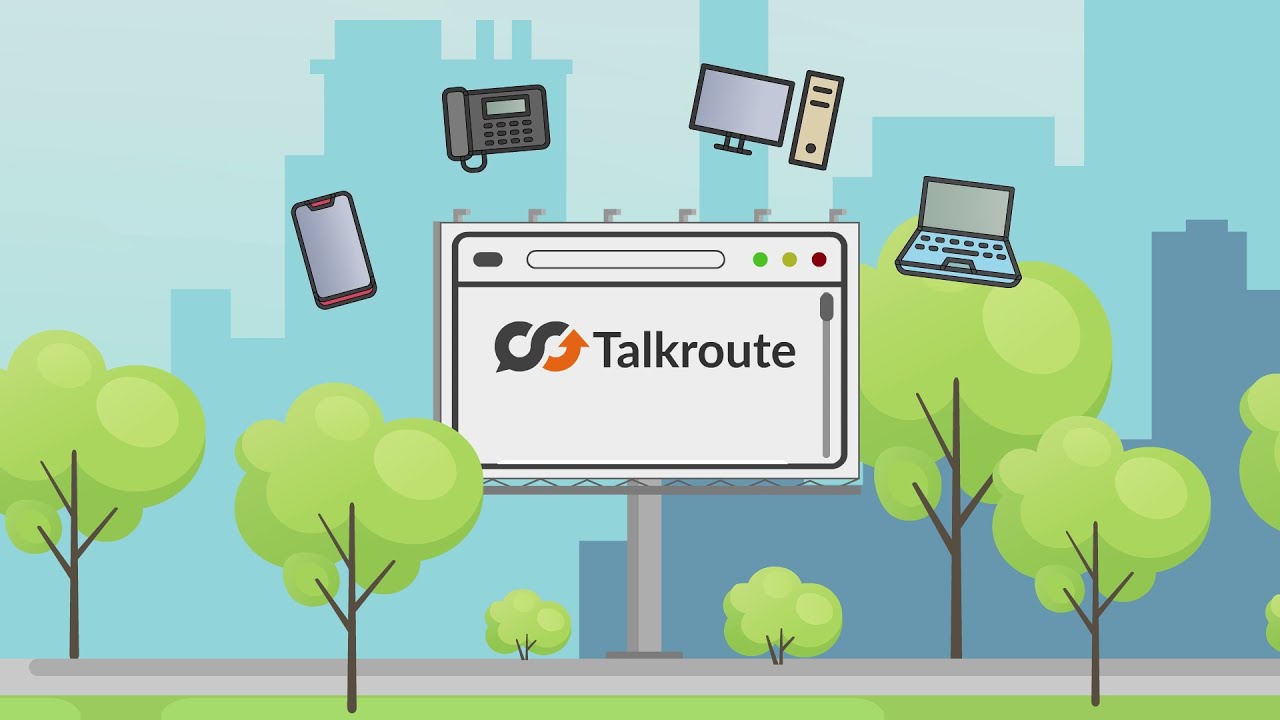Artificial intelligence (AI) has been revolutionizing various industries, and its impact on the job market is no exception. AI is reshaping the job market in unprecedented ways, creating new opportunities while also posing significant challenges to the traditional workforce. According to a report by McKinsey, AI and automation technologies could displace up to 375 million jobs worldwide by 2030.
However, AI is not all doom and gloom. It also has the potential to create new jobs and transform existing roles, improving productivity, and reducing costs for businesses. This article explores the impact of AI on the job market, highlighting the opportunities and challenges it presents.
Opportunities
- Creation of New Jobs
While AI may automate some tasks, it also creates new jobs. AI requires a team of experts to develop and manage the technology, including data scientists, engineers, and AI specialists. These are high-demand jobs that require specialized skills and knowledge. Additionally, AI will also create new jobs in areas such as robotics, virtual reality, and augmented reality.
- Improved Efficiency and Productivity
AI technologies can automate repetitive and mundane tasks, freeing up time for employees to focus on more complex and creative tasks. This increased efficiency and productivity can lead to cost savings for businesses and improved job satisfaction for employees. For example, in healthcare, AI can automate administrative tasks, allowing doctors and nurses to spend more time on patient care.
- Enhanced Decision-making
AI can analyze vast amounts of data and provide insights that humans may not be able to identify. This can lead to better decision-making and improved outcomes in various industries. For example, in finance, AI can analyze market trends and provide investment recommendations.
- Customized Customer Experience
AI technologies can personalize customer experiences, providing tailored recommendations and support. This can lead to increased customer satisfaction and loyalty. For example, in retail, AI can analyze customer data and provide personalized recommendations for products or services.
Challenges
- Job Displacement
One of the most significant challenges of AI is job displacement. As AI automates tasks, some jobs will become redundant. While new jobs will emerge, they may require different skills and expertise, leaving many workers unemployed or underemployed. This can lead to social and economic inequality and require significant investments in retraining and education programs.
- Bias and Discrimination
AI technologies are only as unbiased as the data they are trained on. If the data is biased, the AI will replicate that bias, leading to discrimination in decision-making processes. For example, facial recognition technology has been found to have higher error rates for people of color and women. This can lead to significant social and economic consequences and require greater accountability and transparency in AI development.
- Cybersecurity Risks
AI technologies can also pose cybersecurity risks, as they may be vulnerable to hacking and misuse. This can lead to data breaches, theft, and other cybercrimes. Additionally, the use of AI in autonomous systems such as self-driving cars or drones can pose risks to public safety if they are not adequately secured.
- Ethical Concerns
As AI technologies become more advanced, they may pose ethical concerns, such as the potential for autonomous systems to make decisions that conflict with human values or moral principles. Additionally, the use of AI in areas such as healthcare, finance, and criminal justice may raise ethical concerns related to privacy, fairness, and accountability.
Strategies for Managing the Impact of AI on the Job Market
- Education and Training Programs
To mitigate the negative impact of AI on the job market, there is a need for education and training programs that equip workers with the skills needed to adapt to changing job requirements. Governments, businesses, and educational institutions need to collaborate to provide affordable and accessible training programs.
- Ethical Guidelines
To ensure the responsible development and deployment of AI technologies, ethical guidelines need to be established. These guidelines should address issues such as bias, privacy, accountability, and transparency, and should involve input from diverse stakeholders.
- Collaboration Between Humans and Machines
AI should be seen as a tool to enhance human capabilities, not replace them. There is a need for collaboration between humans and machines to achieve the best outcomes. Organizations should promote the development of human-AI teams, where machines augment human capabilities, allowing for better decision-making and improved productivity.
- Investment in Research and Development
To realize the full potential of AI, there is a need for continued investment in research and development. This investment should focus on developing technologies that address societal challenges, promote ethical practices, and enhance human capabilities.
Conclusion
The impact of AI on the job market is complex and multifaceted. While it presents significant challenges, it also offers opportunities for job creation, increased efficiency, and improved decision-making. To manage the impact of AI on the job market, there is a need for collaboration between governments, businesses, and educational institutions to provide education and training programs, establish ethical guidelines, promote collaboration between humans and machines, and invest in research and development. With the right approach, we can harness the potential of AI to create a more productive, efficient, and equitable society.




